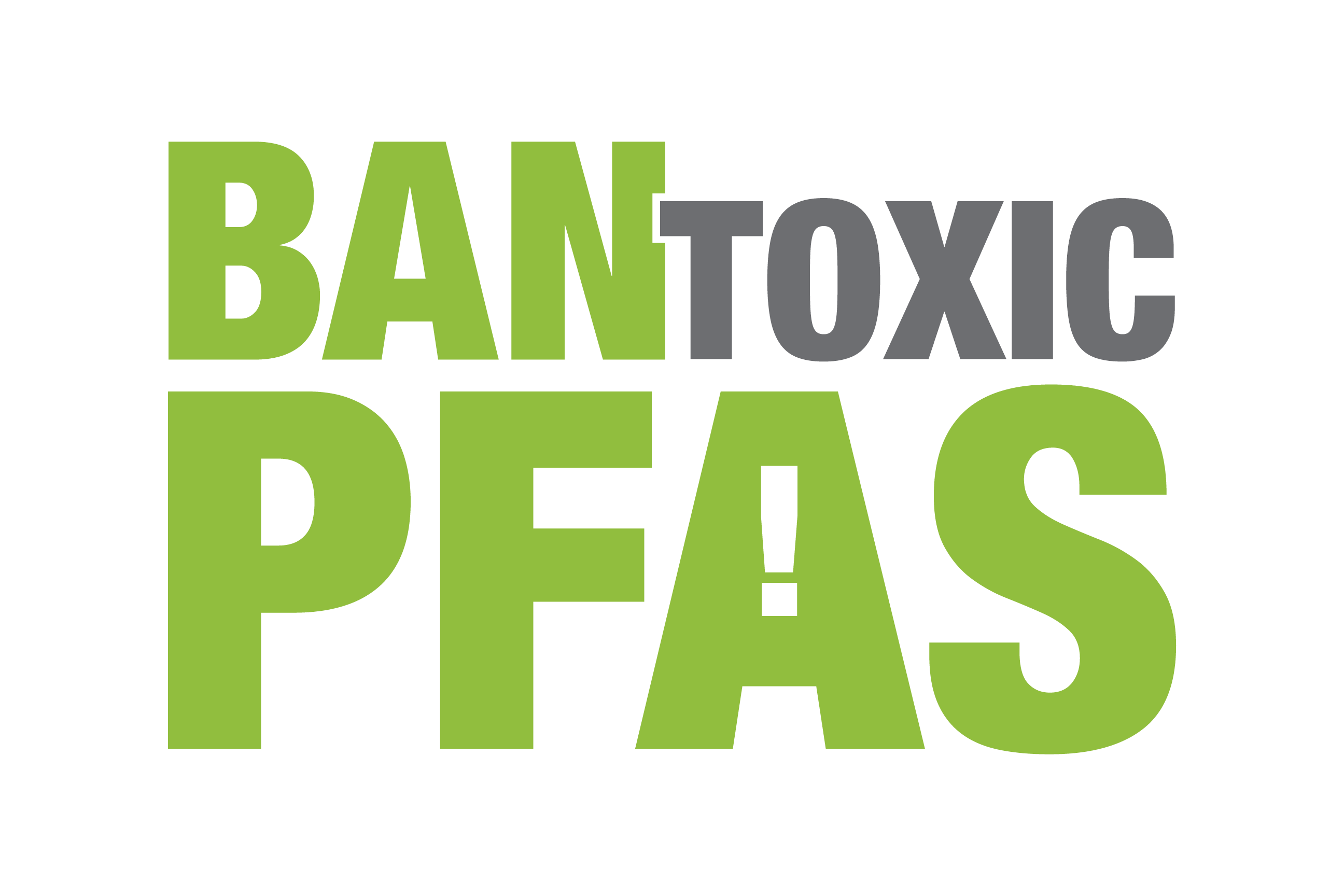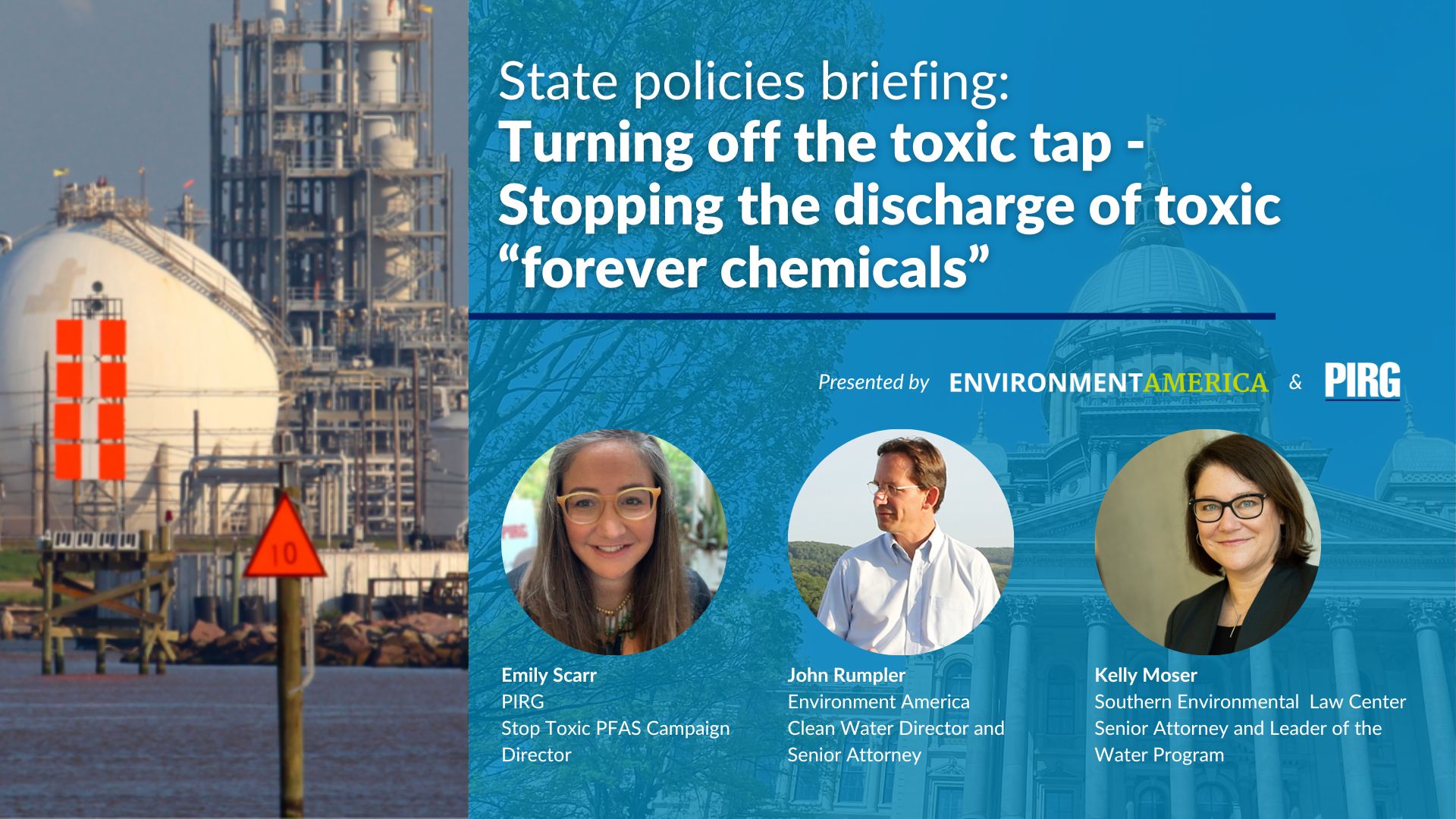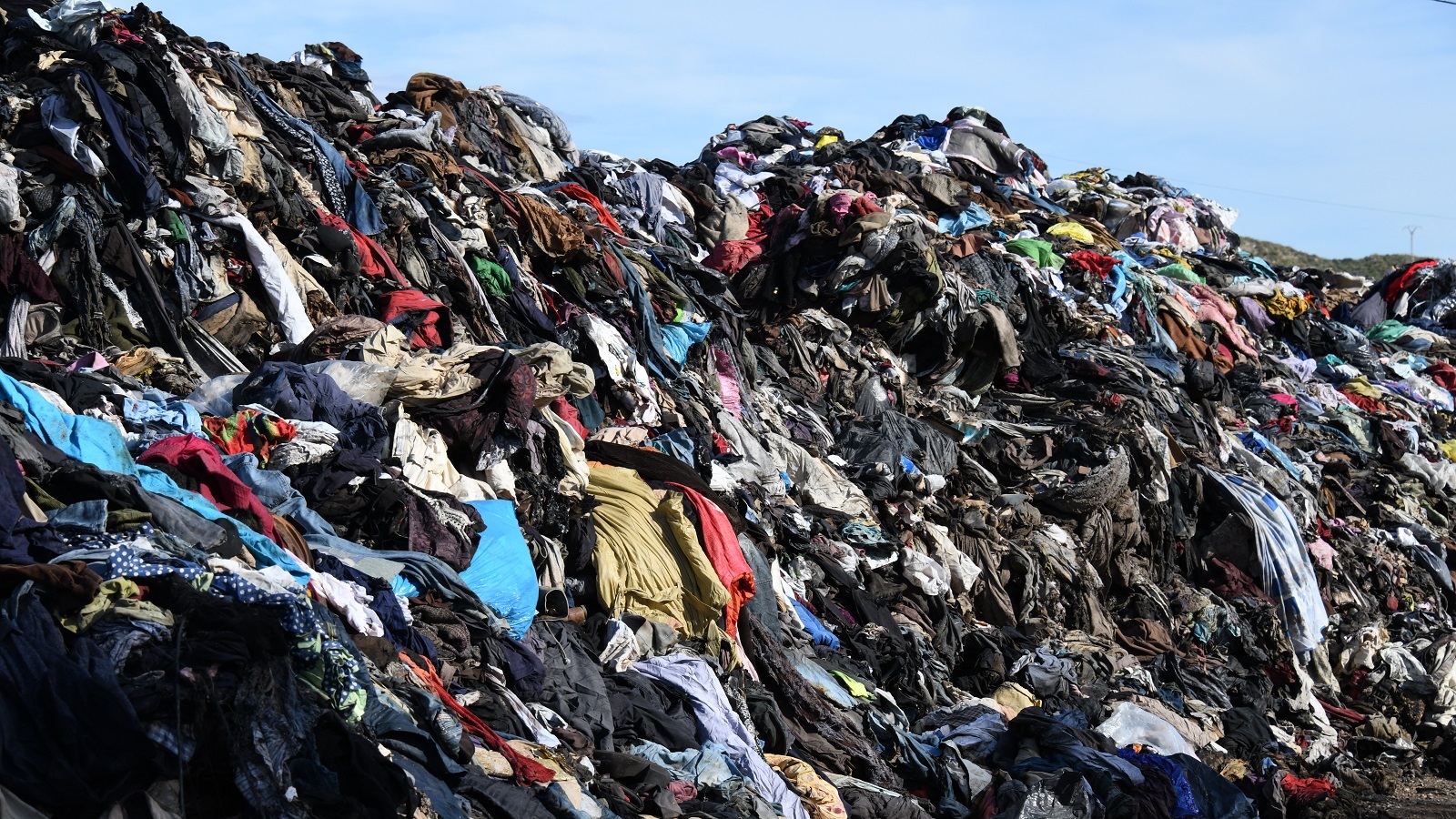
MASSPIRG calls on lawmakers to ban PFAS in Food Packaging
MASSPIRG fully supports S.1494/ H.2348, An Act relative to chemicals in food packaging & An Act to ban the use of PFAS in food packaging, filed by Senator Michael Moore and Representative Jack Lewis, to protect public health by eliminating toxic PFAS in food packaging. We hope you will pass the bill from your committee.

To: Chairwoman Jo Comerford
Chairwoman Marjorie Decker
Members of the Joint Committee on Public Health
From: Deirdre Cummings, Legislative Director, MASSPIRG, [email protected]
Emily Rogers, Zero Out Toxic Advocate, USPIRG, [email protected]
October 7, 2021
Testimony in support of restricting harmful PFAs chemicals in food packaging:
An Act relative to chemicals in food packaging & An Act to ban the use of PFAS in food packaging,
MASSPIRG is a member-supported, statewide, non-partisan and non-profit public interest advocacy organization fighting for consumers for 45 years. We have a long history of working on public health issues including working to clean up state Superfund sites, protecting youth from tobacco and vaping products, and advocating for the removal of lead from gas, paint, and drinking water. And last year, we worked for the passage of Chairwoman Decker’s and Senator Creem’s bill to ban the use of 11 toxic flame retardants in children’s products, mattresses, household furniture, carpeting and window coverings.
MASSPIRG fully supports S.1494/ H.2348, An Act relative to chemicals in food packaging & An Act to ban the use of PFAS in food packaging, filed by Senator Michael Moore and Representative Jack Lewis, to protect public health by eliminating toxic PFAS in food packaging. We hope you will pass the bill from your committee.
PFAS refers to a vast range of over 9,000 persistent substances that have been found in drinking water, groundwater, air, soil, and human blood. Known as “forever chemicals”, they never fully break down in the environment and may remain for thousands of years. Not only do these man-made substances impact our environment and wildlife, but they harm our health as well.
Exposure to PFAS, which is nearly impossible to avoid, can impact human health in a number of ways, including immunosuppression, liver disease, kidney cancer, testicular cancer, and reduced responses to vaccines. People with high levels of PFAS in their blood form fewer antibodies in response to vaccines and are less able to fight off infection. With the recent issue of Covid-19 and the importance of vaccinations, it is essential that we address the additional health risks posed by PFAS chemicals.
Exposure can occur through a number of routes, some of which are due to the presence of PFAS in to-go food packaging such as burger wrappers and molded fiber salad bowls. In a study published in 2017, the Silent Spring Institute found PFAS in 46% of food contact papers and 20% of paperboard samples tested. Since this study, a report was released in August 2020, documenting the presence of PFAS in 67% of the tested food packaging at three major burger chains (McDonalds, Burger King, and Wendy’s) and in 90% of the tested food packaging at three major health-conscious chains (Freshii, Cava, and Sweetgreen). These products both directly and indirectly increase our exposure by seeping into our food, and into our water, air and soil when they are thrown away.
As of October 5, 2021 Massachusetts has tested 815 public water systems and found that 75 exceeded the new state guidelines for PFAS in public drinking water systems. An additional 820 public water systems in the Commonwealth have not yet been assessed under the new standard.
Eliminating PFAS in food packaging is an indispensable aspect of protecting consumers and our drinking water in both the state of Massachusetts and nationwide.
Details of the bill include:
- A ban on the manufacture, sale, and distribution for use of PFAS-treated food packaging, effective January 1, 2023.
- A required certificate of compliance from the manufacturer to the purchaser that verifies that the food packaging purchased does not contain intentionally added-PFAS in any amount, effective 90 days after the enactment of the bill.
- A required amended or new certificate of compliance if the manufacturer or supplier of the food packaging reformulates or creates a new food package.
Given how long PFAS last and what we know about their harmful effects, we must stop using them. It’s simply not worth risking exposure to these chemicals. We know we will need to clean up the damage already done – but unless we turn off the tap – the health and environmental risks will continue to compound.
We have seen other states take action. Just last month, (September 9, 2021) California’s state assembly and senate passed a PFAS legislation to ban PFAS in food packaging and cookware. Massachusetts has the opportunity to showcase its leadership alongside at least 11 other states by continuing to emphasize the importance of reducing PFAS in food packaging joining our neighboring states of Maine, Vermont, Connecticut, and New York.
Additionally, recognizing the severity of the problem of PFAS contamination, the legislature established the PFAS Interagency Task Force to review the impact of PFAS contamination in our state and recommend solutions. Their work will conclude in December, which will give even more urgency to the issue and need for mechanisms to reduce – or “turn of the tap” to PFAS contamination.
As the saying goes, “an ounce of prevention is worth a pound of cure.” PFAS compounds have impacted our environment and health for far too long. Now is the time to act to eliminate these harmful chemicals.
The bottom line is that consumers should be able to trust that the packaging around our food isn’t full of harmful toxic chemicals that leach into the food itself. Alternatives to PFAS-treated food packaging already exist. But even if they didn’t, is the threat of greasy fingers worth the risk of cancer? I hope you will pass the bill quickly from your committee.
Topics
Authors
Deirdre Cummings
Legislative Director, MASSPIRG
Deirdre runs MASSPIRG’s public health, consumer protection and tax and budget programs. Deirdre has led campaigns to improve public records law and require all state spending to be transparent and available on an easy-to-use website, close $400 million in corporate tax loopholes, protect the state’s retail sales laws to reduce overcharges and preserve price disclosures, reduce costs of health insurance and prescription drugs, and more. Deirdre also oversees a Consumer Action Center in Weymouth, Mass., which has mediated 17,000 complaints and returned $4 million to Massachusetts consumers since 1989. Deirdre currently resides in Maynard, Mass., with her family. Over the years she has visited all but one of the state's 351 towns — Gosnold.
Find Out More

PIRG’s warmest wishes for a safe and happy new year

Event highlights role of states in stopping industries from dumping toxic PFAS

Got PFAS?

